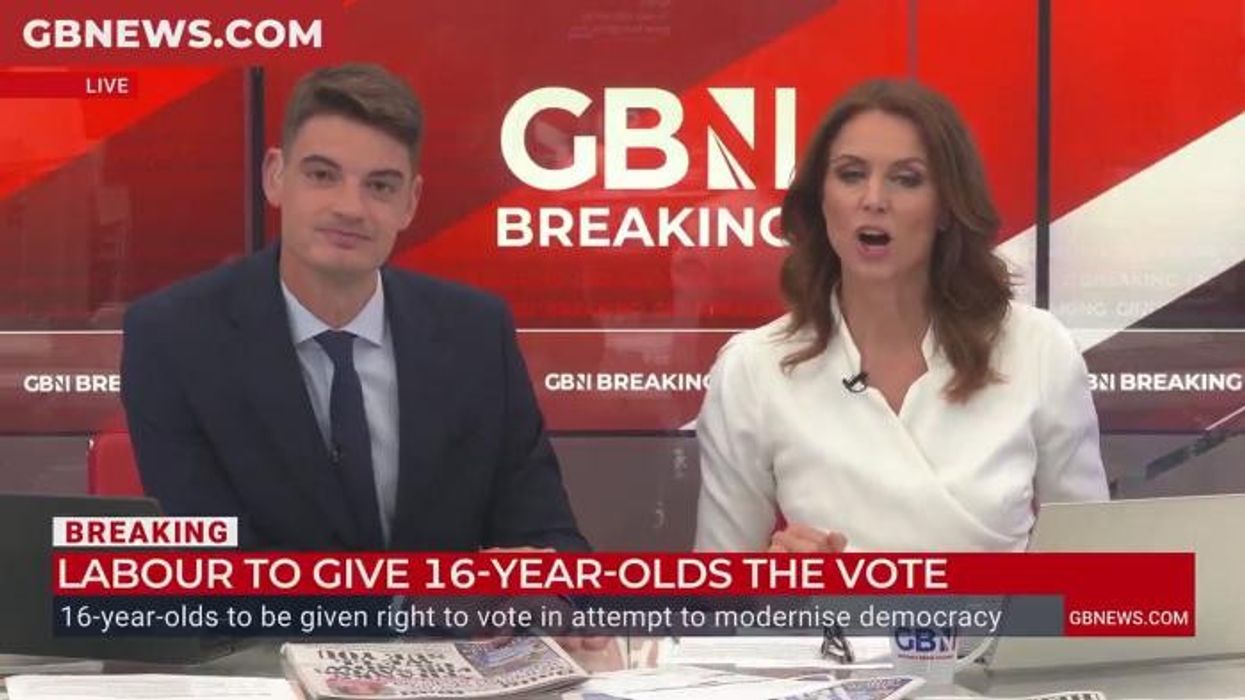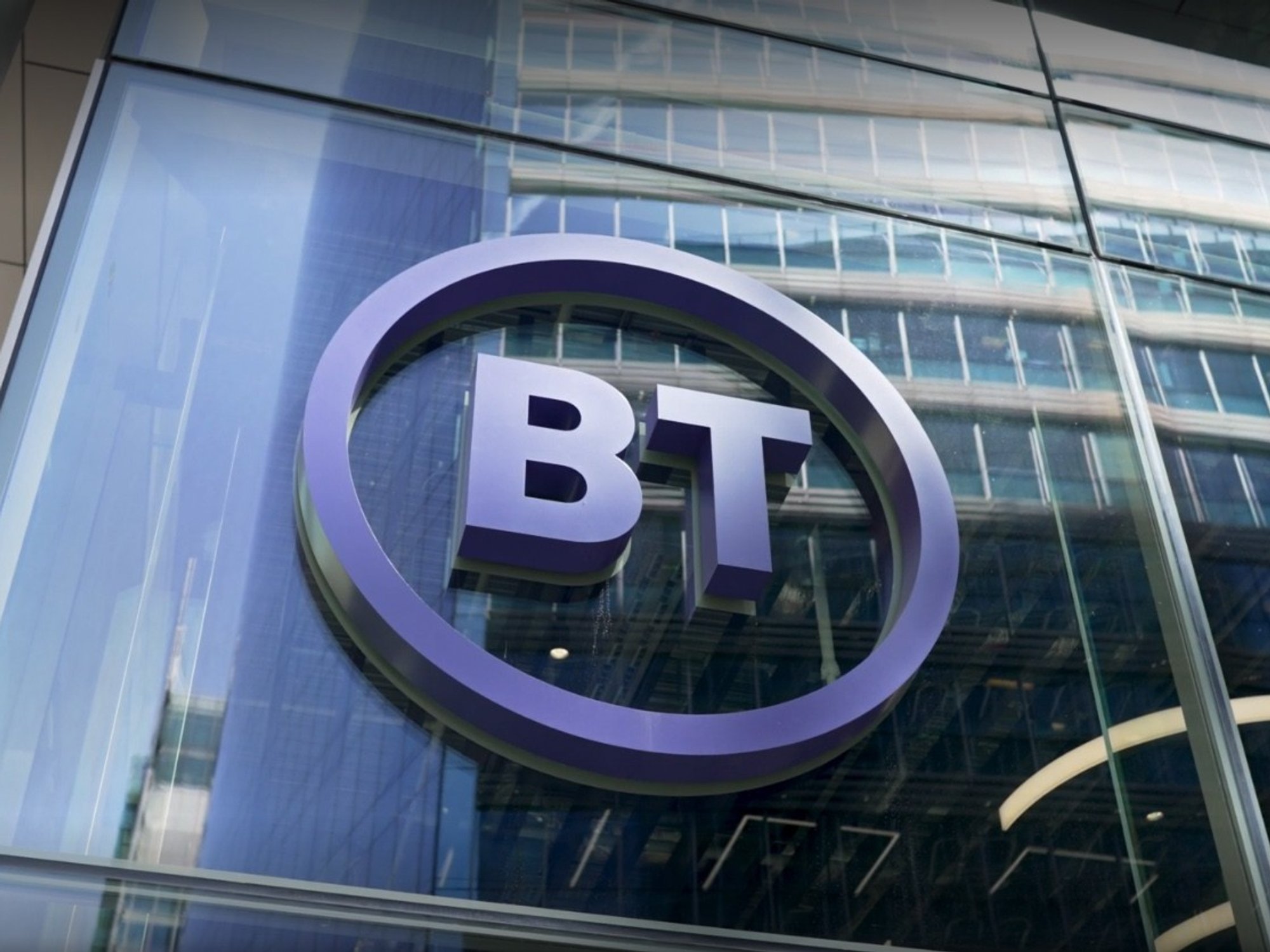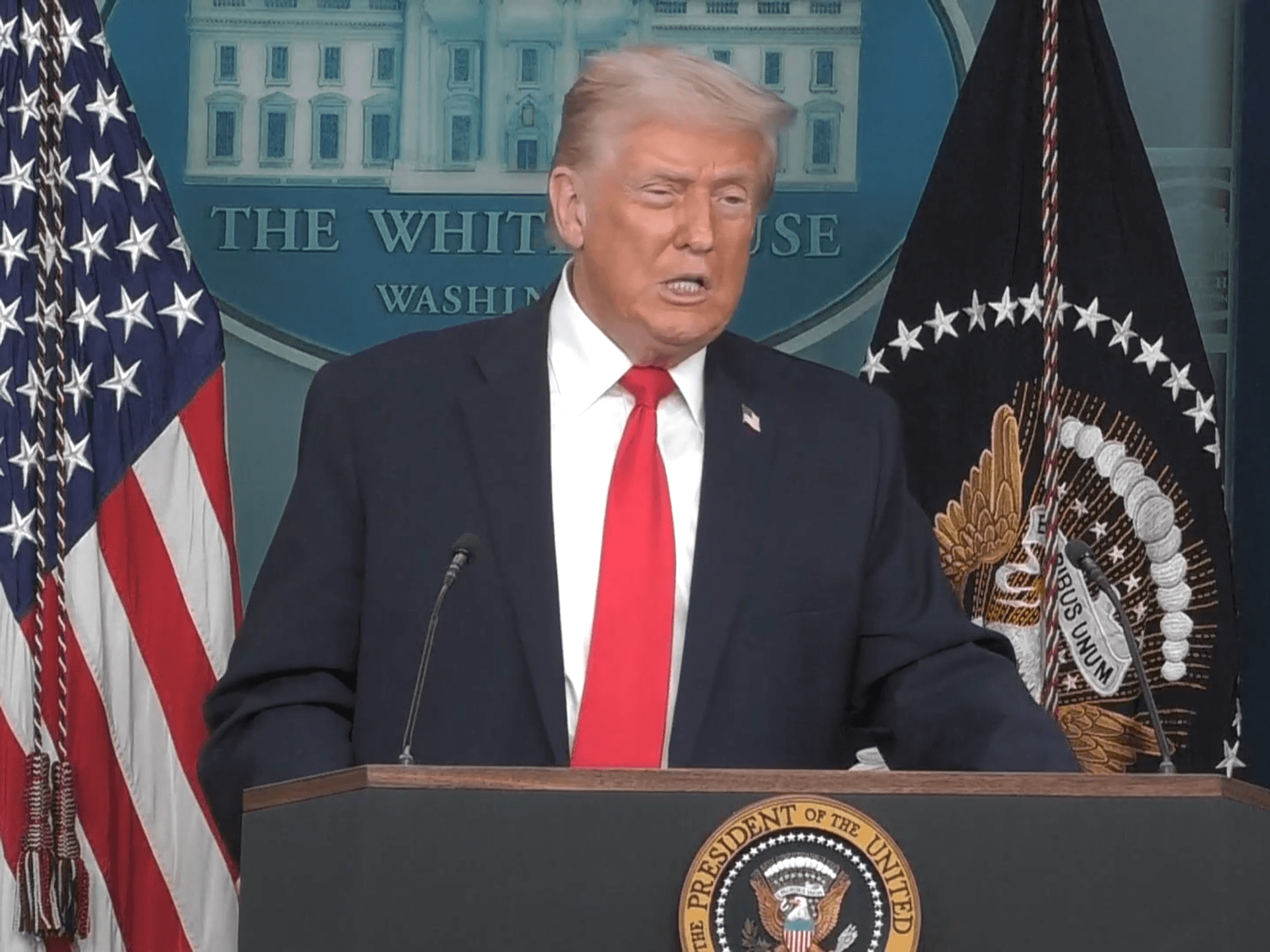How giving the vote to 16-year-olds could open the door to splitting up the Union

Around 100,000 were registered to vote in the 2014 Scottish independence referendum, making up just shy of three per cent of the total voter turnout
Don't Miss
Most Read
Trending on GB News
Allowing 16 and 17-year-olds to vote in general elections could open the doors to splitting up the Union, as new polling has predicted the SNP is on track for a major resurgence in Scotland.
According to a recent MRP poll by think tank More in Common, Reform UK is set to take 290 seats across England and Wales, 223 of which come directly at the expense of Labour.
And in Scotland, the SNP is set to make a major comeback in the next general election, returning to 2019 levels of strength and bagging 41 of the 57 seats available in Scotland - 31 of those seats at the expense of Labour.
However, a pollster has said that should Nigel Farage win the keys to No10, there will be a surge in calls for independence among Scottish voters who perceive Reform as an “England-based party”.
“It is likely that calls for an independence referendum would intensify if Nigel Farage were to enter Government,” George Buchan, founder of GB Insight, told GB News.
“The SNP and other pro-independence voices would be able to frame a Farage-led Government as unrepresentative of Scottish values and priorities, echoing arguments made after the Brexit referendum.
“This narrative could resonate even with some Scots who are not committed independence supporters, as it highlights the perceived democratic deficit between Scotland and Westminster.”
He added: “While Reform UK is gaining traction as a ‘change’ option and attracting unionist voters frustrated with the status quo, there is little evidence that Scots are broadly ‘buying into the dream of Nigel Farage’.
LATEST DEVELOPMENTS: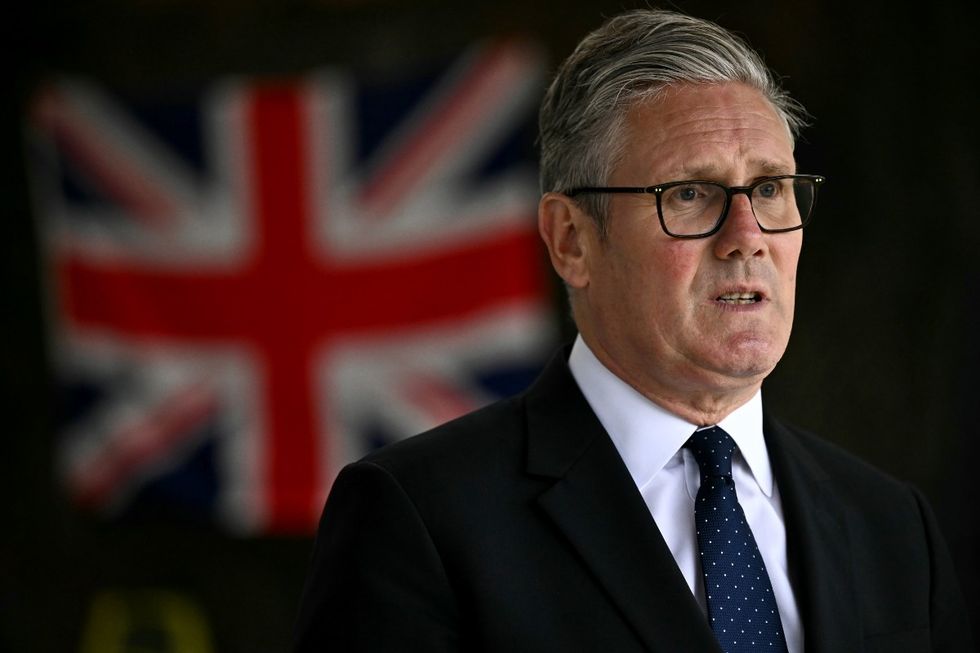
Labour announced plans to give 16-year-olds the vote last Thursday
|GETTY
“Support for Reform is significant but remains well behind the SNP, and the party’s appeal is rooted more in protest and dissatisfaction with existing parties than in a positive embrace of Farage’s vision or policies.
“Reform is seen by some as a vehicle for shaking up the political landscape, rather than as a movement with deep roots in Scottish political culture.”
Although 16-year-olds are already eligible to vote in Scottish Parliamentary and local Government elections, should they be given the right to vote in a general election, the SNP is likely to expand its grip in Scotland and push for a second independence referendum.
Around 100,000 16 and 17-year-olds were registered to vote in the 2014 Scottish independence referendum, making up just shy of three per cent of the total voter turnout.
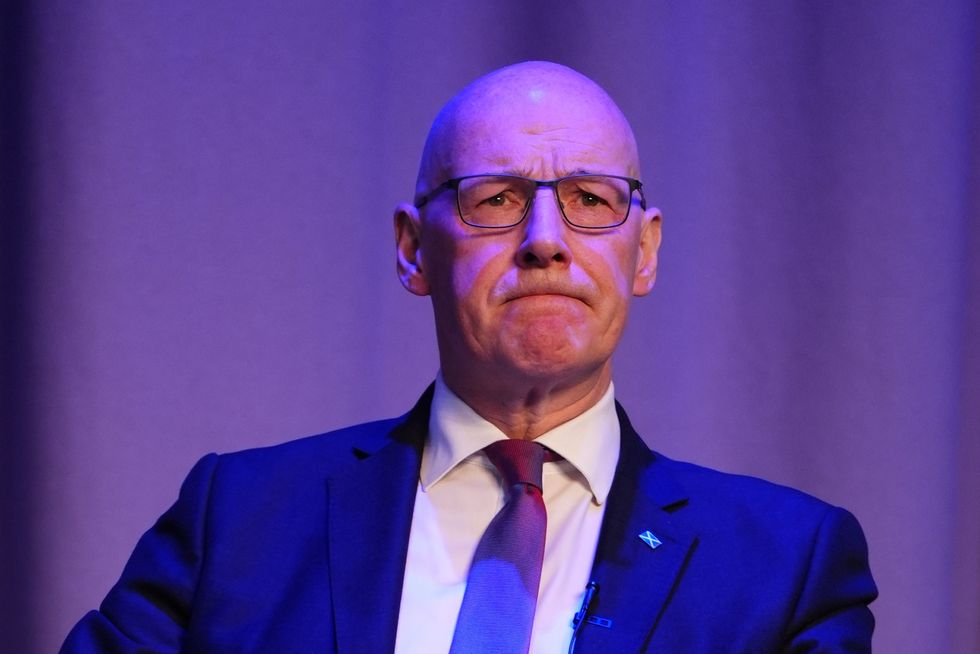
Pollster George Buchan told GB News that Scottish voters aged 16-24 are significantly more likely to back the SNP
|PA
Turning his attention to the lowering of the voting age and its impact on SNP performance at the next election, Buchan said: “Recent voting patterns show that Scottish voters aged 16-24 are significantly more likely to back the SNP than older age groups, especially in elections where 16- and 17-year-olds have been eligible to vote.
“This trend is expected to continue in the upcoming Westminster election, with youth turnout and SNP support both historically high among this demographic.
“Polling consistently finds that younger Scots are also more supportive of independence than older voters.
“While voting SNP does not automatically equate to supporting independence, surveys and past referendum data indicate that a large majority of young voters favour a second independence vote and would likely back a ‘Yes’ campaign if given the chance.

A pollster told GB News that should Farage get into power, calls for independence would intensify
|GETTY
“The debate around expanding the Westminster franchise to include 16- and 17-year-olds is partly driven by these trends.
“Both SNP and Labour are aware that younger voters are more likely to support progressive parties and constitutional change, making their participation a key factor in future electoral outcomes.”
First Minister of Scotland John Swinney welcomed the announcement made by the UK Labour Government on Thursday to lower the voting age, hailing it as “long overdue”.
Commenting on social media platform X, the First Minister added: “Young people here have a stake in shaping our future, and it made Scotland’s democracy stronger.
“The UK is finally catching up – this change is long overdue.”
Asked whether Reform would allow an independence referendum in Scotland if elected into Government, a spokesman for Farage's party said: “No. Reform UK is an unashamedly pro-UK party and makes no apology for that.”


